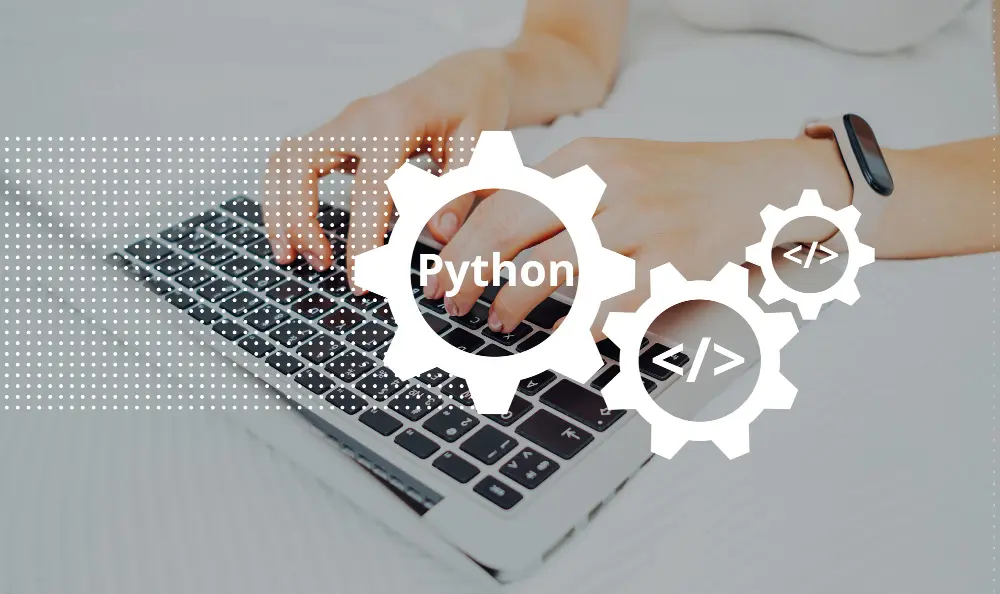To register for courses, visit the home page www.balticinternships.eu, choose the course you want to learn (for courses in English, choose the ENG2 option) and create a new account.




Data volume and importance in economics and business is growing. Big Data promotes and restructures possibilities of decision making. It helps increase field of activity, increase sales volumes, working efficiency and helps implement new products or services for both – large companies and higher education and public entities, as well as many other organizations. In order to be able to understand this data and use it for improvement of competitiveness it is important for companies to apply both – data analysis and business analysis in practice. In this module you can learn skills that are necessary to work with data, for example, data visualization and analysis, basics of cloud computing and their application for business development, as well as skills in work with Microsoft platform Power BI and other basic knowledge, which will help use data effectively in every field.
Block 1 – Learn about Power platform, explore what Power BI can do for you
Block 2 – Learn and discover basics of Power BI reports and dashboards
Block 3 – Learn and discover basics of Power BI reports and dashboards
Block 4 – Learn more how to start to work with data
Block 5 – Discover and learn more about Power Query, calculated fields and data risks mitigation
Block 6 – Discover more about Data Analysis eXpression (DAX) what does it mean and learn how to use DAX
Block 7 – Learn how to explore more date and create unique reports and dashboards
Block 8 – Learn how to publish and share in Power BI
In Short Programme start: 9th of November (English) and in January (Lithuanian). Programme duration: 7 weeks Programme intensity: 32 academic lessons
In current digital period the operation of successful and efficient company is no longer conceivable without applications, which support its internal functions. Use of proper tools allows for employees to acquire from data the highest value, improve efficiency of procedures, reduce manual work and increase the total efficiency of work. Development of no-code and low-code software and development of apps gives an opportunity for everyone to automate workflows and develop application, which makes the daily life of a company or institution more efficient.
In this module basic principles of software and system design, as well as development and test methods will be learned. The gained knowledge about application development will allow to develop applications, which will help simplify, modify and automate business procedures for more efficient company or institution operation.
Block 1 – Learn business value of Power Platform
Block 2 – Identify the core components of Power Platform
Block 3 – Demonstrate the capabilities of Power BI
Block 4 – Learn about the capabilities of Power Apps
Block 5 – Learn how to leverage the Power Automate to improve your business
Block 6 – Learn how to improve and improve your business with Power Virtual Agents
In Short Programme start: 8th of November (English) and in January (Lithuanian). Programme duration: 7 weeks Programme intensity: 32 academic lessons.
Python is a high-level open-sourced programming language used for general-purpose software engineering. In recent years Python has increased in popularity due to its use in data science. It is a versatile programming language, contains many packages for data analysis and can significantly increase productivity. It has use cases in many industries, such as recruiting, healthcare, financial services, marketing, education and many more. Python is great for prototyping and is highly scalable language. TIOBE named Python the 2020 programming language of the year for gaining the most popularity of any language in 2020. Python is easier to read, write, and learn than most other major programming languages. Python is also an interpreted programming language and unlike compiled languages each line of code can be executed as soon as it is typed in and results are seen immediately. This is great for new programmers to get instantaneous feedback on their code.
This course is intended for students who want to learn how to write Python code, recognize data types supported by Python and be able to write Python code that logically solves a given problem. Candidates will learn how to write, debug, maintain and document Python code. This course is intended for new and experienced programmers that want to learn how to write and troubleshoot Python code. Previous programming experience is not required but recommended. Theoretical knowledge is reinforced by hands-on laboratory exercises.
Skills gained
Module 1: Perform Operations Using Data Types and Operators
This module explains how to use Python operators and data types to achieve a specified result.
Lessons
Lab
Module 2: Control Flow with Decisions and Loops
This module explains how to use Control Flow and Looping operations in Python.
Lessons
Lab
Module 3: Perform Input and Output Operations
This module explains how to construct input and output operations using files or from the console.
Lessons
Lab
Module 4: Perform Troubleshooting and Error Handling
This module explains how to perform troubleshooting and error handling operations in Python.
Lessons
Lab
Module 5: Perform Operations Using Modules and Tools
This module explains how to use built-in modules.
Lessons
Lab
In Short Programme start: 10th of November (English) and in January (Lithuanian). Programme duration: 7 weeks Programme intensity: 32 academic lessons
Microsoft 365 is one of the most popular productivity cloud services that delivers innovative and intelligent experiences, rich organizational insights, and a trusted platform to help people and organizations get more done. With Microsoft 365, work is seamless and communication is smooth both internally and externally. Regardless of place and time, you can access your own Office environment, where files are always up-to-date and the materials you last used are just a click away.
In this module, you will explore Microsoft 365 productivity, teamwork, business management, security and compliance capabilities. You will learn how to manage your tenant, which includes the planning and configuration of tenant and managing your tenant health and services. You will examine Microsoft 365 product functionality, including Exchange Online, SharePoint Online, Microsoft Teams, Microsoft Power Platform, and device management. You will learn how to plan for and implement Azure AD Connect, how to manage synchronized identities, and how to implement password management in Microsoft 365 using multi-factor authentication and self-service password management. Finally, you will learn how to manage your enterprise deployment with Microsoft 365 modern management features.
Block 1 (Microsoft 365 productivity and teamwork capabilities)
Block 2 (Microsoft 365 business management capabilities)
Block 3 (Microsoft 365 security and compliance capabilities)
Block 4 (Microsoft 365 licensing, service and support)
Block 5 (Design your Microsoft 365 tenant)
Block 6 (Configure your Microsoft 365 tenant)
Block 7 (Manage your Microsoft 365 tenant)
Block 8 (Explore the Microsoft 365 platform services)
Block 9 (Plan and implement identity synchronization)
Block 10 (Manage your enterprise deployment with Microsoft 365)
Deploy Windows Update in Microsoft 365
In Short Programme start: 11th of November (English) and in January (Lithuanian). Programme duration: 7 weeks Programme intensity: 32 academic lessons
Virtual internships are an option offered to participants who have passed the theoretical exam. During a virtual internship, the intern applies the knowledge acquired during the theoretical course to a challenge set by the company/organization (internship employer).
For the employer: – Real added value for the company – the intern will help you structure and prepare visually appealing reports, develop a necessary application, automate the flow of documents in the company, etc. – The opportunity to select the most suitable intern for your company’s needs. – Knowledgeable interns who knows that a virtual internship can be a stepping stone to a job in the technology sector. – A fully developed internship module and guidelines with recommended internship tasks.
For the intern: – Opportunity to put into practice the knowledge acquired in the courses and to consolidate skills through a “learning by doing” approach. – Increased understanding of the needs of modern companies, their potential and development directions. – Trying out a new industry and qualification and, who knows, maybe even getting a job offer in the technology sector.
The internship, including individual work, will last no more than 32 hours (within 1 month). The employer provides a responsible person from the company who will contact the intern once a week via MS Teams, Zoom, or other platform., explain the internship and answer any unclear questions.
Both interns and companies/organizations can register on the platform www.apllyforinternships.eu. Internship providers should provide information about the provisional tasks for intern, however interns should mention their ambitions of the placement. The platform ensures automatic matching between interns and employers and, in case of common interest, mutual communication.
